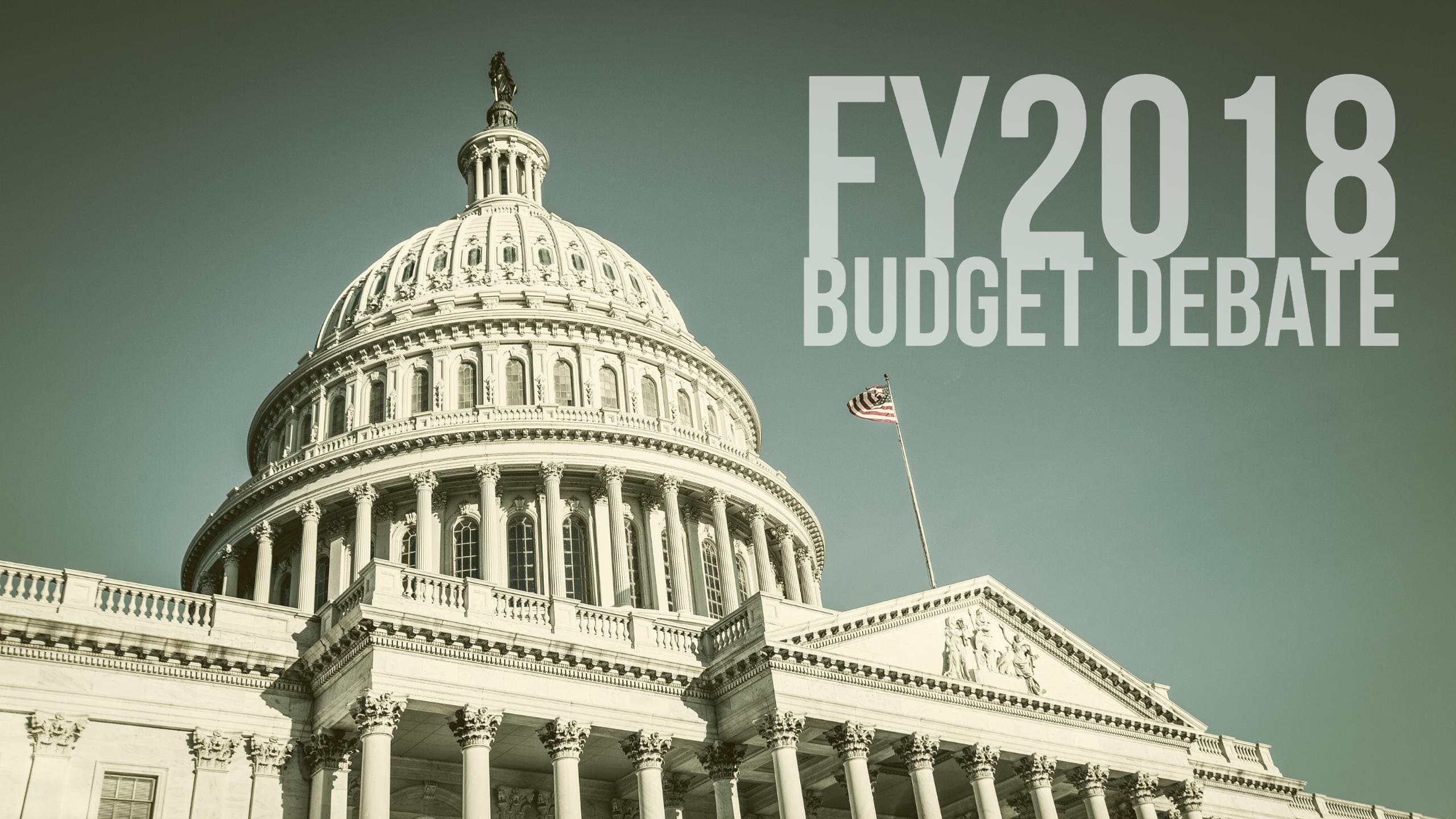In Matters of the Heart, Pharmacists Are Key Partners
In an opinion piece posted on Medium, NACDS articulated pharmacists' role in heart health, emphasizing the accessibility, education and trust of pharmacists, and their value in enhancing medication adherence and in testing for high blood pressure, cholesterol and diabetes.







